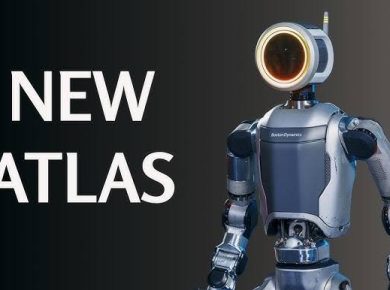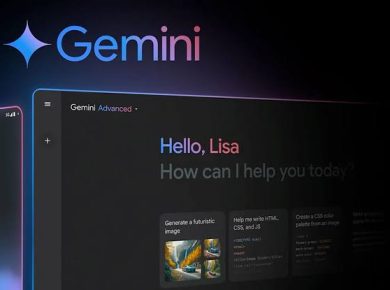Microsoft has launched a research project to develop new methods for tracking the sources of data used to train artificial intelligence (AI) models.
As AI technology expands, concerns have grown about the origins of training data, ethical data collection, and intellectual property rights.
For instance, The New York Times has sued Microsoft and OpenAI, alleging that they used millions of its articles without permission to train AI models. Similarly, software developers have filed lawsuits against Microsoft, claiming that its GitHub Copilot AI was trained on their copyrighted code without authorization.
Microsoft’s latest initiative seeks to address these challenges by building systems that can monitor and verify the datasets used for AI training. The goal is to enhance accountability and ensure that AI models are trained using ethically sourced data.
Key objectives of the project include authenticating training data sources so that developers and stakeholders can reliably verify where AI training data comes from. By implementing these measures, organizations can reduce legal risks, avoid lawsuits, and comply with intellectual property laws. Furthermore, identifying biases and inaccuracies in datasets will improve AI performance, resulting in fairer and more reliable AI systems.
With AI regulations tightening worldwide, Microsoft’s research aligns with growing demands for transparency in AI development. Governments and regulatory bodies are increasingly requiring AI companies to disclose how they source training data, especially when copyrighted content or personal information is involved.
By taking the lead in ethical AI practices, Microsoft is positioning itself as a key player in promoting responsible AI development. This research could have a significant impact on multiple sectors, from tech companies to government regulators, shaping the future of AI with greater integrity and accountability.






